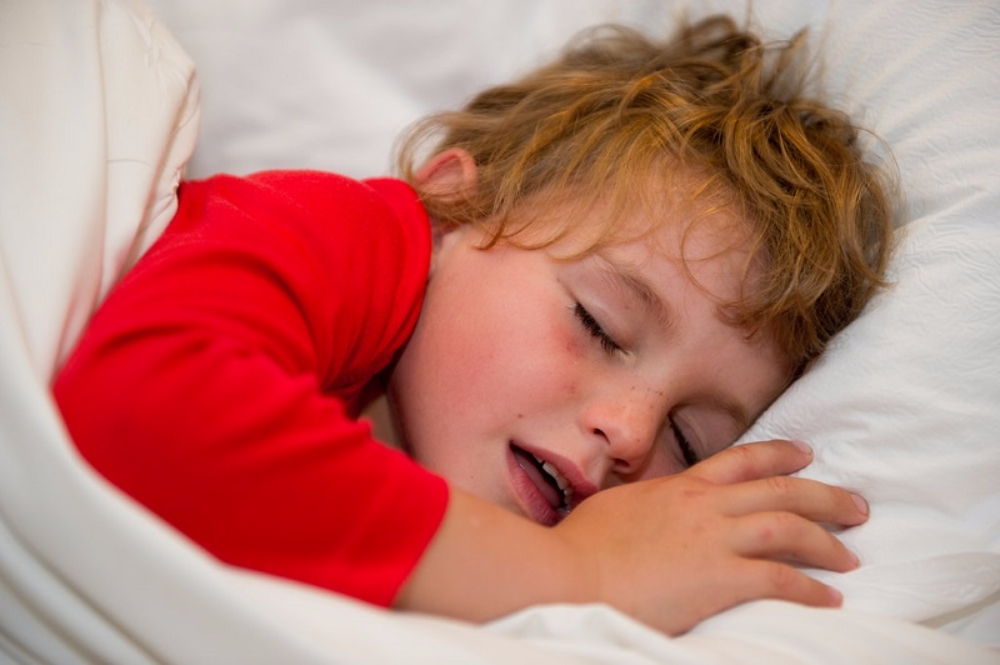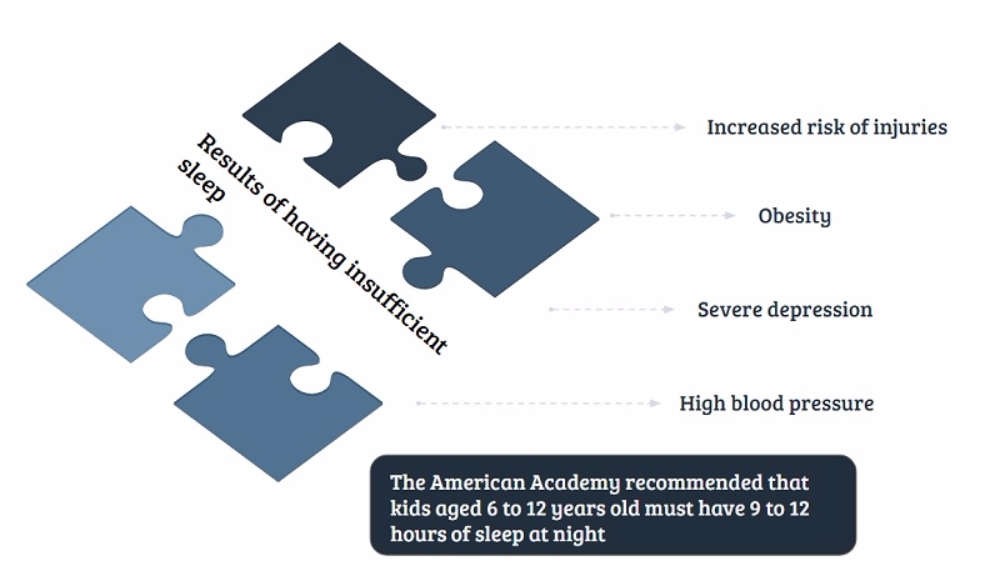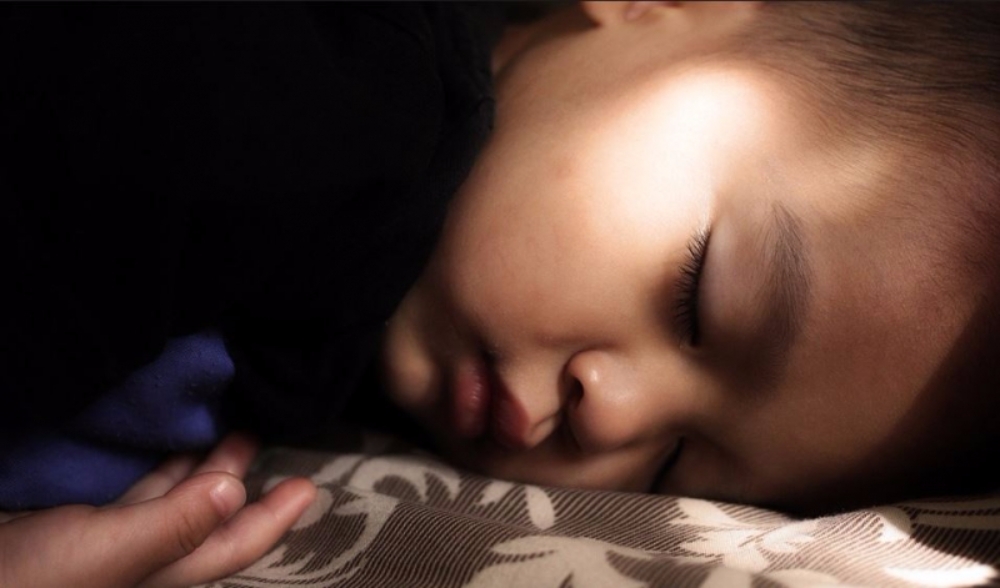
According to a study in the UK, the risk of diabetes in children with insufficient sleep has been found to increase.
The study examined the relationship between sleep habits of children and diabetes in over 4,500 British children. The results showed that children who had less sleep time at night increased weight and had higher insulin resistance.
The average sleep time of the children was 10.5 hours.

Researchers observed that as the sleeping time of children increased, weight dropped and blood glucose levels decreased.
Obesity and high blood sugar levels are categorized as the main causes of diabetes, and diabetes occurs when insulin is not enough to convert blood sugar to energy or when the body is not functioning properly.
Insulin is a hormone involved in the regulation of blood sugar levels, and the body's resistance to insulin is an early symptom of diabetes.
Christopher Owen of the University of London says, "Studies show that increasing sleep time can simply and efficiently reduce the risk associated with diabetes, such as obesity and blood sugar levels."
"Early reduction of diabetes risk also affects post-growth periods," Owen said.
Because diabetes is rare in infancy, it is generally known to be an adult disease. But millions of children are overweight or obese and do not get enough exercise and are consuming excessive amounts of sugar and high-fat foods, so there is a red light on children's health.
The American Academy recommended that children between 6 and 12 years of age should have at least 9 to 12 hours of sleep. Sleep deprivation increases the risk of injury, hypertension and depression in addition to diabetes.

Stacey Simon, a pediatric sleep psychotherapist at the Colorado Hospital, warned that sleep deprivation can negatively affect children's appetite and blood sugar management abilities.
James Gangwicz of Columbia University's Department of Psychiatry added that sleep deprivation can affect the appetite-regulating hormone levels and make children feel a desire for sweet and savory snacks.
Dr. Adis Bracco Sanchez, a pediatrician, stressed that sleep deprivation is a major cause of poor academic performance, irritability, behavioral problems, concentration problems and increased risk of diabetes.
Dr Bracco Sanchez advised children to remove all electronic devices from their bedrooms so they could get a good night's sleep.


